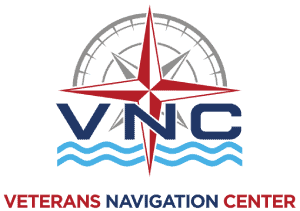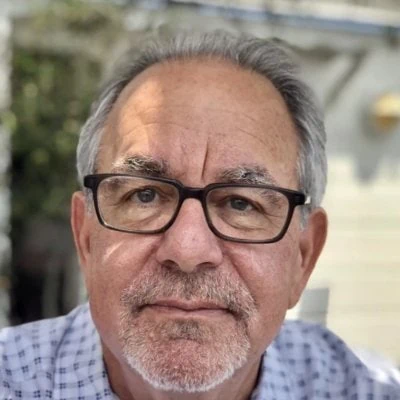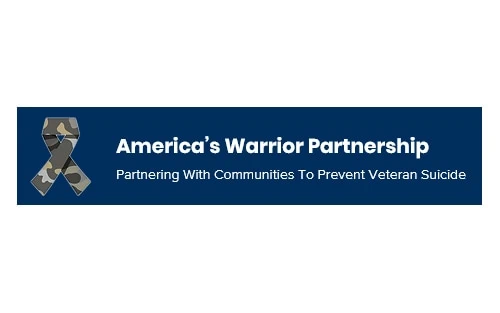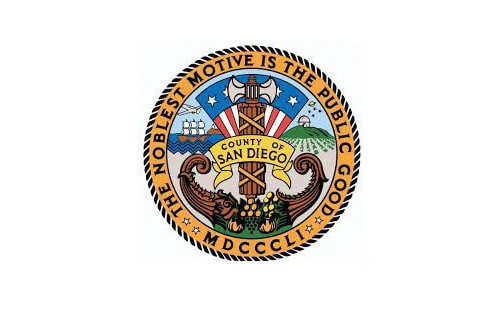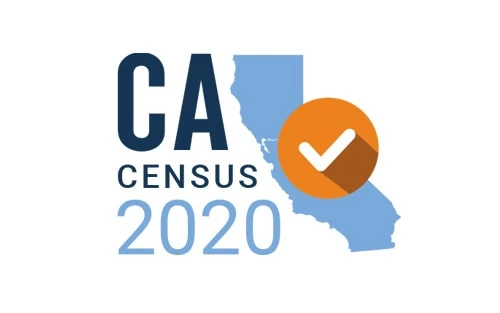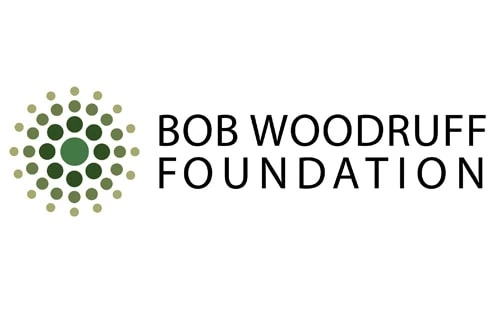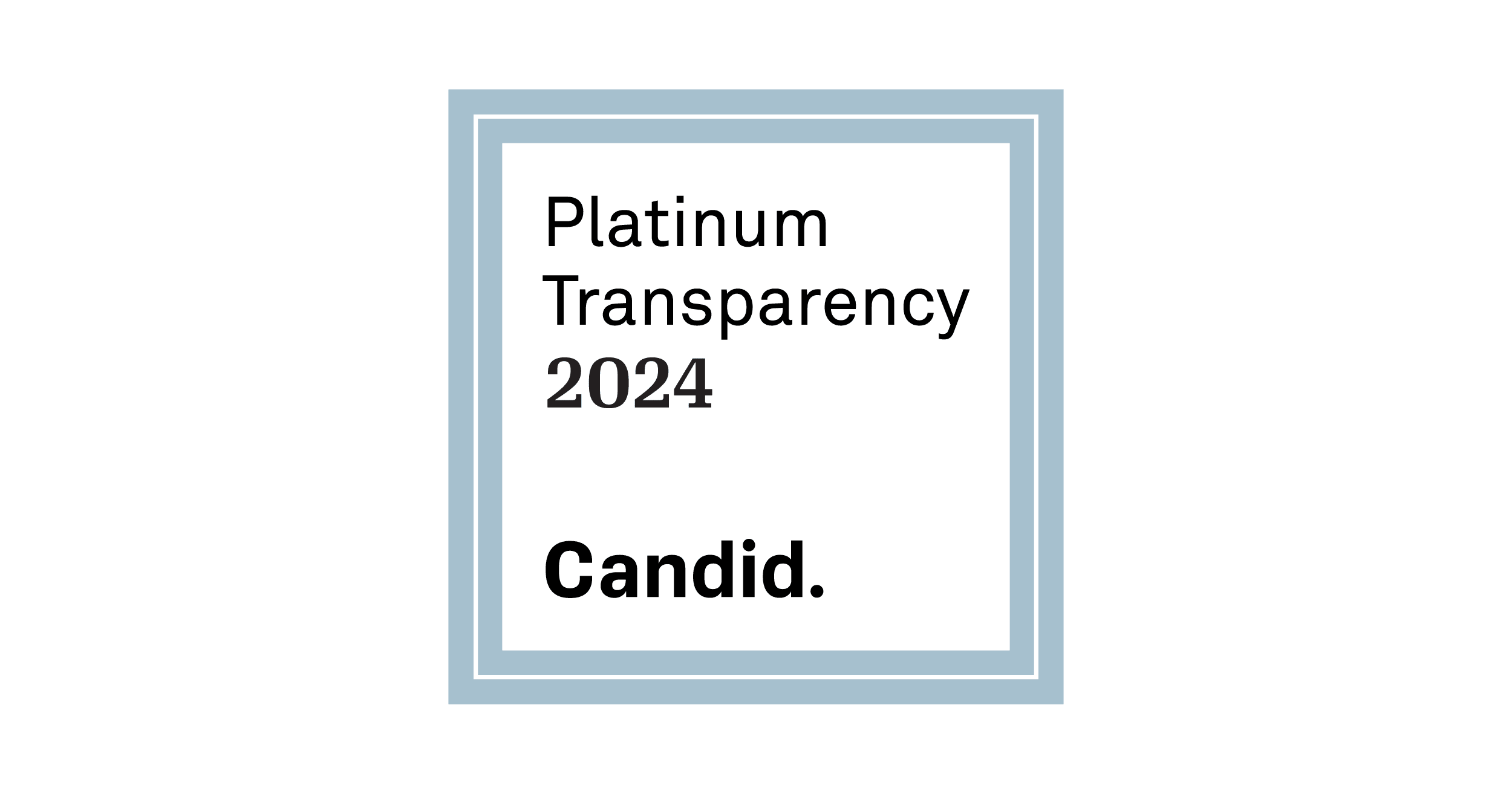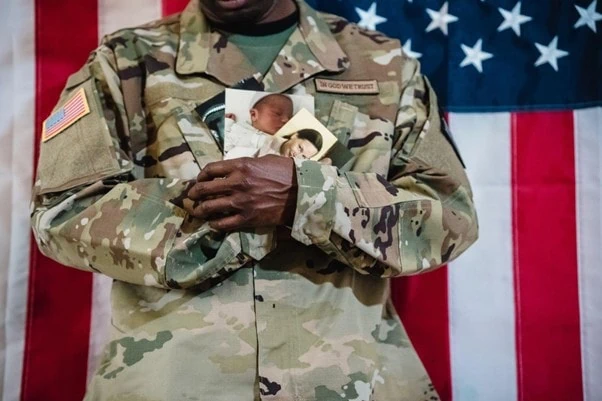
The Veterans Navigation Center in San Diego is OPEN
As a society, we show gratitude to our veterans. We know that we’re indebted to them and have our freedom thanks to them. But how do we support them once their duty is done and they come home?
It's naïve to think that someone who has seen death and feared for their life could be who they were before. They’re coming home to people who can’t understand, and most former soldiers won’t feel comfortable expressing vulnerability. After all, they’ve just come from a situation where showing any sign of weakness could mean death.
One of our greatest concerns at the Veterans Navigation Center is that they may choose to self-medicate.
One in ten veterans has been diagnosed with substance use disorder.
According to the National Institute on Drug Abuse, veterans most commonly enter treatment for problems with marijuana, alcohol, opioids, and cocaine. That number surpasses the national average and doesn’t include those who don’t enter treatment or believe they have a problem.
Drinking and drug use, especially if the person manages to function, aren’t viewed as “weak” ways to handle pain or mental illness. In fact, these vices can often be indulged without anyone knowing. Many veterans feel caught between a rock and a hard place, unable to admit they need help with substance use disorder because that would mean admitting they need help with mental health.
All veterans need a safe space with people who understand what they’re going through.
The Veterans Navigation Center in San Diego is helping our nation’s veterans.
Treatment for substance use is just one way we help veterans. Our hope is that we can intervene before they even begin to feel that lost.
The Veteran Navigation Center provides the following services:
- Recovery for SUDs
- Benefits acquisition
- Employment/life skills training
- Mental health counseling
- Relationship/family counseling
- Legal services
- Housing
Each veteran is assigned a case manager who assesses and supports the veteran’s needs, creates a plan of action, and then refers them to trusted partners who can help them achieve their goals.
Who is behind the Veterans Navigation Center?
Scott H. Silverman founded the Veterans Navigation Center because he recognized the need for these specialized services. As the founder of Confidential Recovery, he had a firsthand look at how many veterans sought recovery and how the situation might be prevented if only they had the tools to navigate civilian life.
Scott is determined to do everything he can for the people who gave so much, and so is Veteran Coordinator and Operations Manager Jay Wylie. Jay is a veteran and recovering alcoholic (in his tenth year of sobriety), placing him in the unique position to connect with San Diego’s veteran population and ensure they have support.
Partners of the Veterans Navigation Center include Healing Wave Aquatics, Veterans Yoga Project, Helping PAWS, Confidential Recovery, and San Diego Veterans Coalition.
We see you, we hear you, and we want to help.
Contact the Veterans Navigation Center in San Diego at (858) 567-9191 to learn how we can offer support for you or a loved one. If you are in immediate crisis, dial 988 and then 1 to reach the Veterans Crisis Line.
(c) 2023 Veterans Navigation Center. All Rights Reserved.
